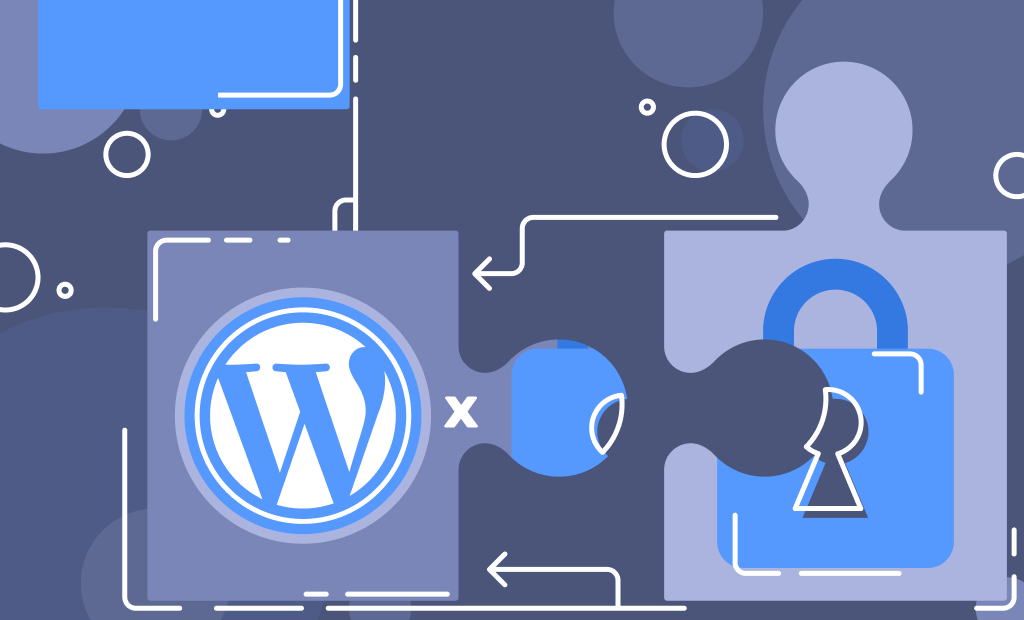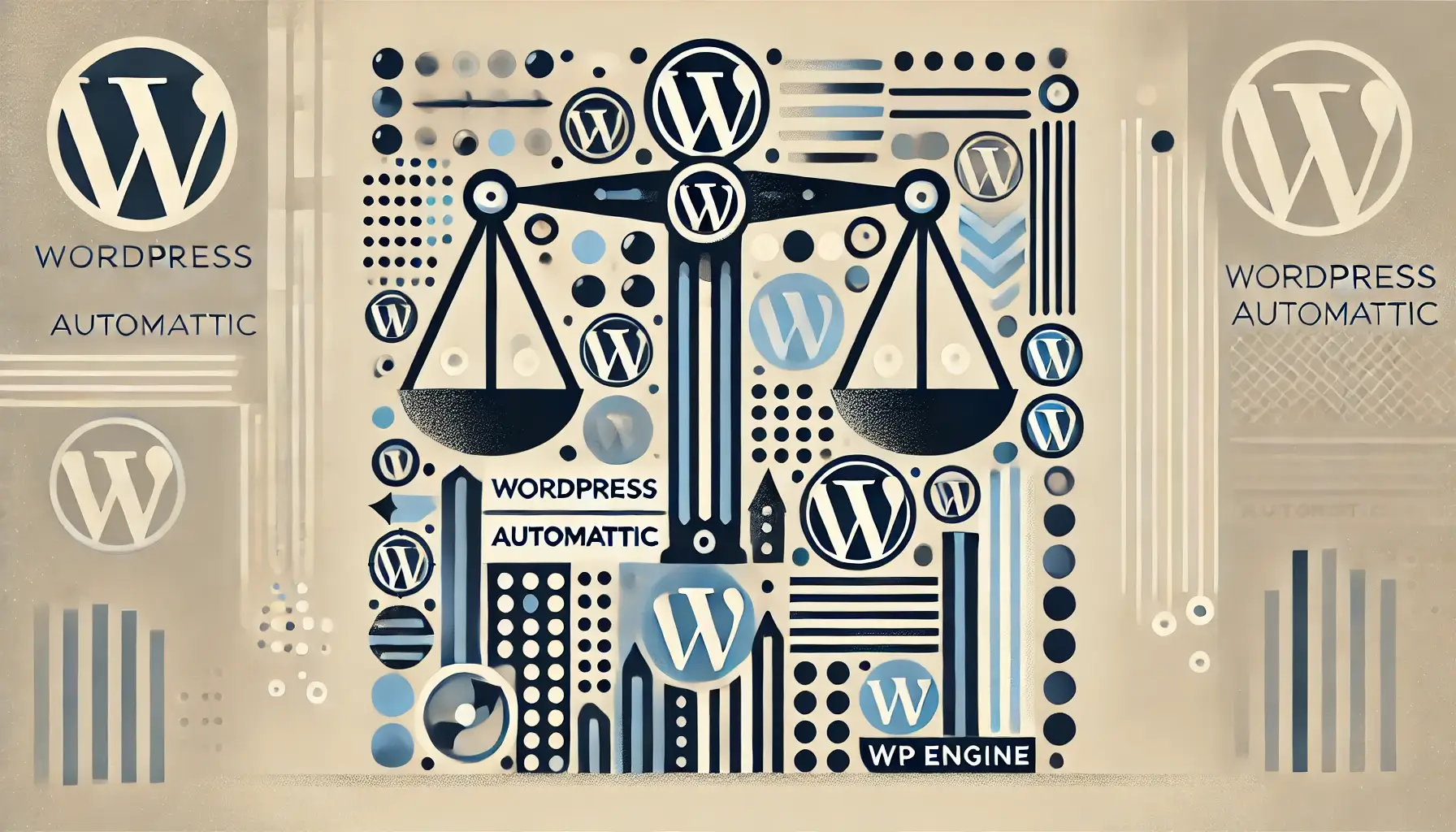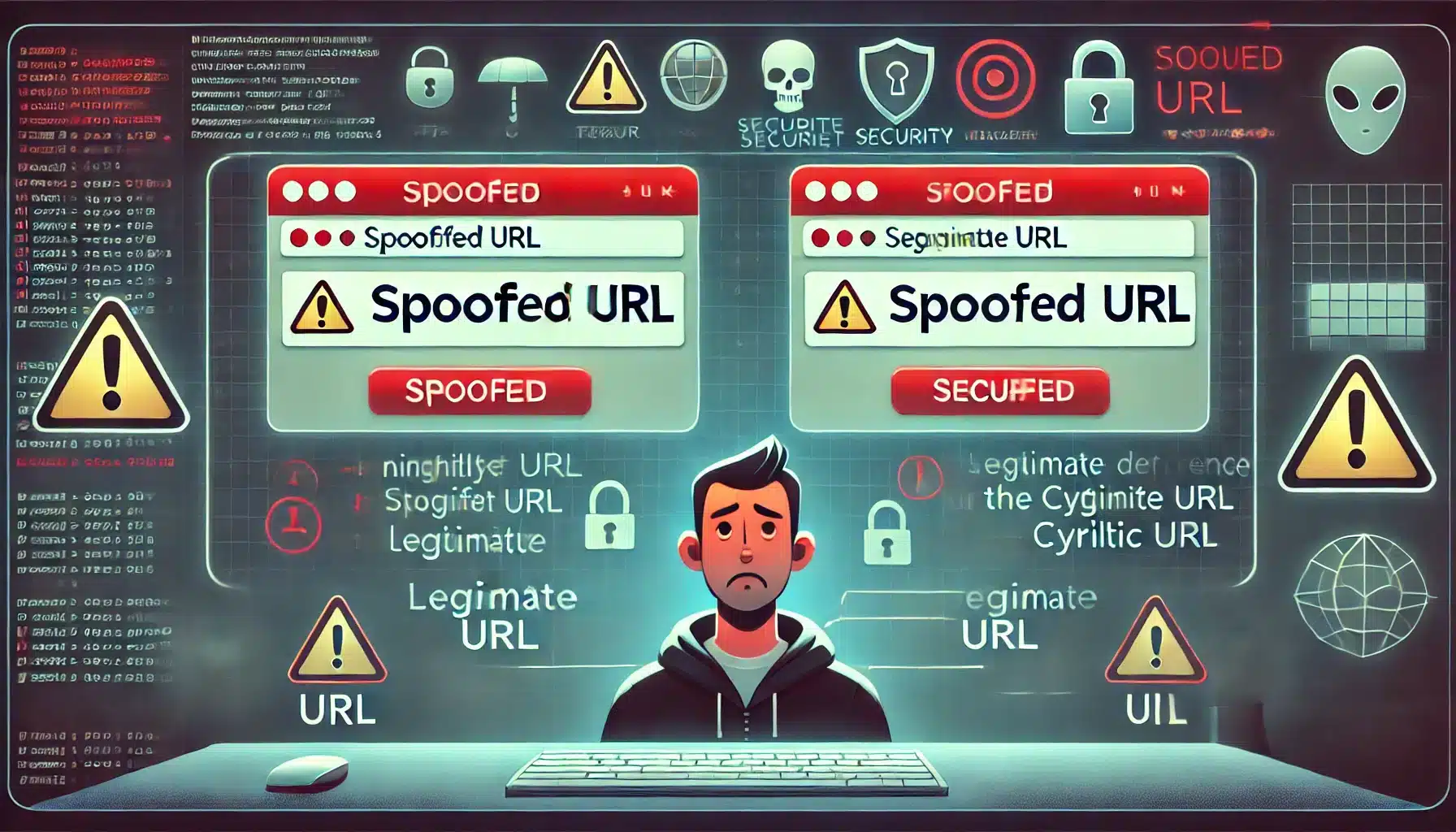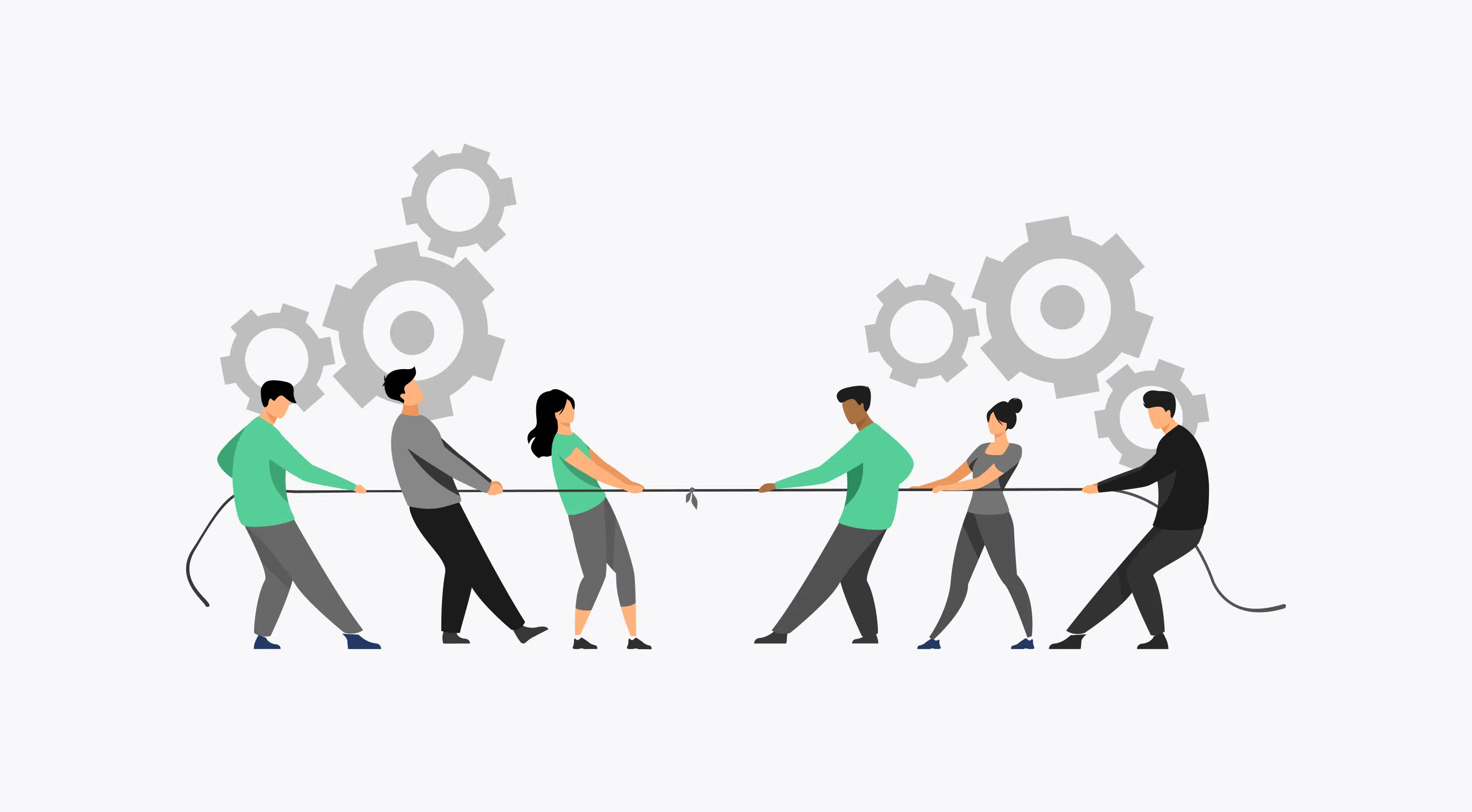
WordPress Security Introduction:
WordPress has become one of the most popular content management systems (CMS) in the world. Millions of websites rely on WordPress to power their online presence.
However, with such widespread usage, WordPress sites have become a prime target for cyber threats and hacks.
In this article, we will explore various security measures to safeguard your WordPress website against potential attacks. We will also address frequently asked questions regarding WordPress security.
I. The Importance of WordPress Security:
With the increasing number of cyber threats and attacks, it is crucial to prioritize the security of your WordPress website.
A compromised site can lead to multiple consequences including loss of data, damage to your site’s reputation, and potential financial loss.
Implementing security measures not only protects your website but also enhances the trust and confidence of your users.
II. Essential WordPress Security Practices:
1. Keep WordPress Updated: It is essential to regularly update your WordPress core, themes, and plugins. Developers frequently release updates to patch security vulnerabilities.
By keeping your site up-to-date, you minimize the risk of exploiting known vulnerabilities.
2. Use Strong Usernames and Passwords: Choosing strong usernames and passwords is fundamental to WordPress security.
Avoid common passwords and use a combination of uppercase and lowercase letters, numbers, and special characters.
Additionally, consider installing a plugin that enforces strong passwords for all users.
3. Limit User Access: Assign user roles with appropriate access levels to minimize the risk of unauthorized access. Only provide necessary privileges to each user, ensuring that users do not have more access than required.
4. Secure Hosting & Regular Backups: Selecting a reputable hosting provider is crucial as it can impact your WordPress site’s security.
Look for providers that offer features like data encryption, server monitoring, and regular backups. Additionally, frequently backup your site to restore it in case of unexpected issues.
5. Install Reliable Security Plugins: WordPress offers a wide range of security plugins that help protect your site. Some popular options include Guard Dog Security, Wordfence and iThemes Security.
These plugins provide features such as malware scanning, firewall protection, and login security enhancements.
6. Enable Two-Factor Authentication (2FA): 2FA adds an extra layer of security to your WordPress site.
When enabled, users need to provide a second form of authentication, such as a unique code sent to their mobile device, in addition to their username and password.
7. Implement Web Application Firewall (WAF): A WAF filters and blocks malicious traffic before it reaches your website.
It provides an added layer of protection by monitoring and analyzing incoming requests, helping to identify and block potential threats.
8. Regularly Scan for Malware: Use a reliable malware scanner to regularly scan your WordPress site for any malicious code or files.
This will help identify and remove any potential threats before they can cause significant damage.
III. WordPress Security FAQs:
Q1. Are free themes and plugins safe?
A1. Free themes and plugins can be risky as they may contain vulnerabilities or malicious code.
It is recommended to use themes and plugins from reputable sources and ensure they are regularly updated.
Q2. How often should I backup my WordPress site?
A2. It is advisable to backup your site on a regular basis, preferably daily or weekly.
The frequency may vary depending on how frequently your site’s content changes.
Q3. Is it necessary to use SSL for my WordPress site?
A3. Yes, using Secure Socket Layer (SSL) encryption is highly recommended to secure and encrypt data transmitted between your website and users’ browsers.
It also improves your site’s search engine ranking.
Q4. Can I manually remove malware from my site?
A4. If you are technically proficient, you may be able to remove malware manually.
However, it is recommended to seek assistance from professionals or use a reliable malware removal plugin for effective and thorough cleanup.
Q5. How can I find out if my WordPress site has been hacked?
A5. Signs of a hacked site include unauthorized changes to files, unusual server activity, unexpected redirects, or an increase in spam emails.
Regular monitoring, malware scans, and security plugins can help detect and prevent such incidents.
WordPress Security Conclusion:
WordPress security should be a top priority for website owners. By following the essential practices mentioned above, you can greatly reduce the risk of cyber threats and hacks.
Regular updates, strong passwords, limited user access, and reliable security plugins are essential components of a robust security strategy.
Additionally, investing in a reputable hosting provider, enabling 2FA, implementing a WAF, and regular malware scanning further enhance your site’s security.
By taking proactive steps, you can protect your WordPress website from potential attacks and provide a safe browsing experience for your users.
Post Summary:
WordPress is a popular CMS used by millions of websites, making it a prime target for cyber threats.
Prioritizing security is crucial to prevent data loss, reputation damage, and financial loss.
Key security practices include regularly updating WordPress, using strong usernames and passwords, limiting user access, choosing a secure hosting provider, installing reliable security plugins, enabling two-factor authentication, implementing a web application firewall, and regularly scanning for malware.
It is important to use reputable themes and plugins, backup your site regularly, use SSL encryption, and seek professional help or use a reliable malware removal plugin.
By following these practices, you can protect your WordPress site and provide a secure browsing experience for users.










